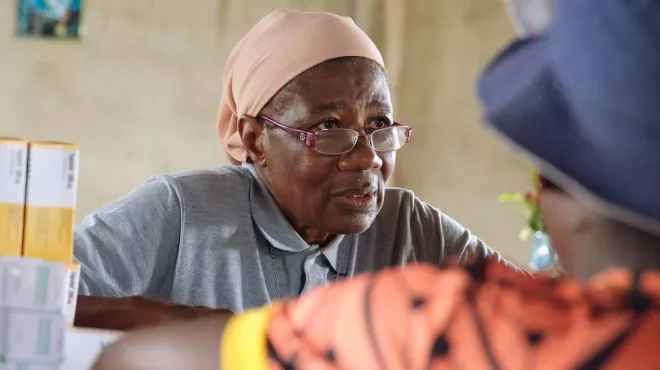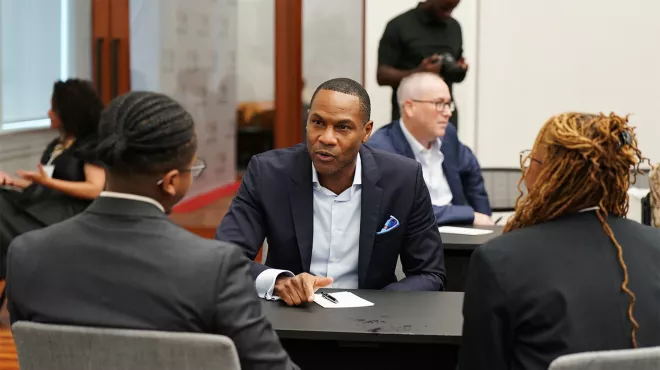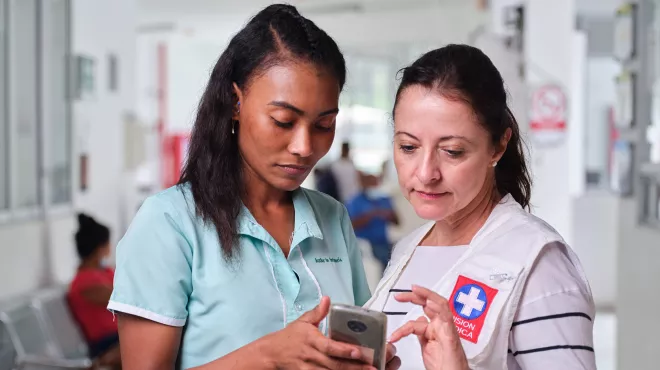A social worker and community organiser by training, Israel has designed public health programmes around the world for NGOs and governments. Now she leads Novartis’ work on oncology policy and health systems transformation to improve access and care for people with cancer.
She is also one of the driving forces behind the newly launched Access to Oncology Medicines (ATOM) Coalition, led by the Union for International Cancer Control, and the first private and public sector alliance designed to increase access to cancer medicines in low- and lower-middle income countries.*
How can this initiative help to address the rising burden of cancer in lower income countries?
We are not able to reach all the people who have cancer where they are. This to me is the thing that matters in cancer: making sure people have access to treatment – not only the medicine but the follow-up and the quality care – to be able to live their full lives.
We have been trying for years to bring our medicines to more people in low- and middle-income countries through our access programs, individual partnerships, and with donations of our medicines. So have other companies.
But the problem is none of our individual efforts have shifted the needle far enough. We all need to think bigger, we need to think differently, and we need to join together. To me, that’s the promise of ATOM.
What is ATOM aiming to do?
What we are trying to do is bring together all the potential players for the first time to see how we can – sustainably – enable access to cancer medicines on the World Health Organisation’s essential medicines list in low and lower-middle income countries.
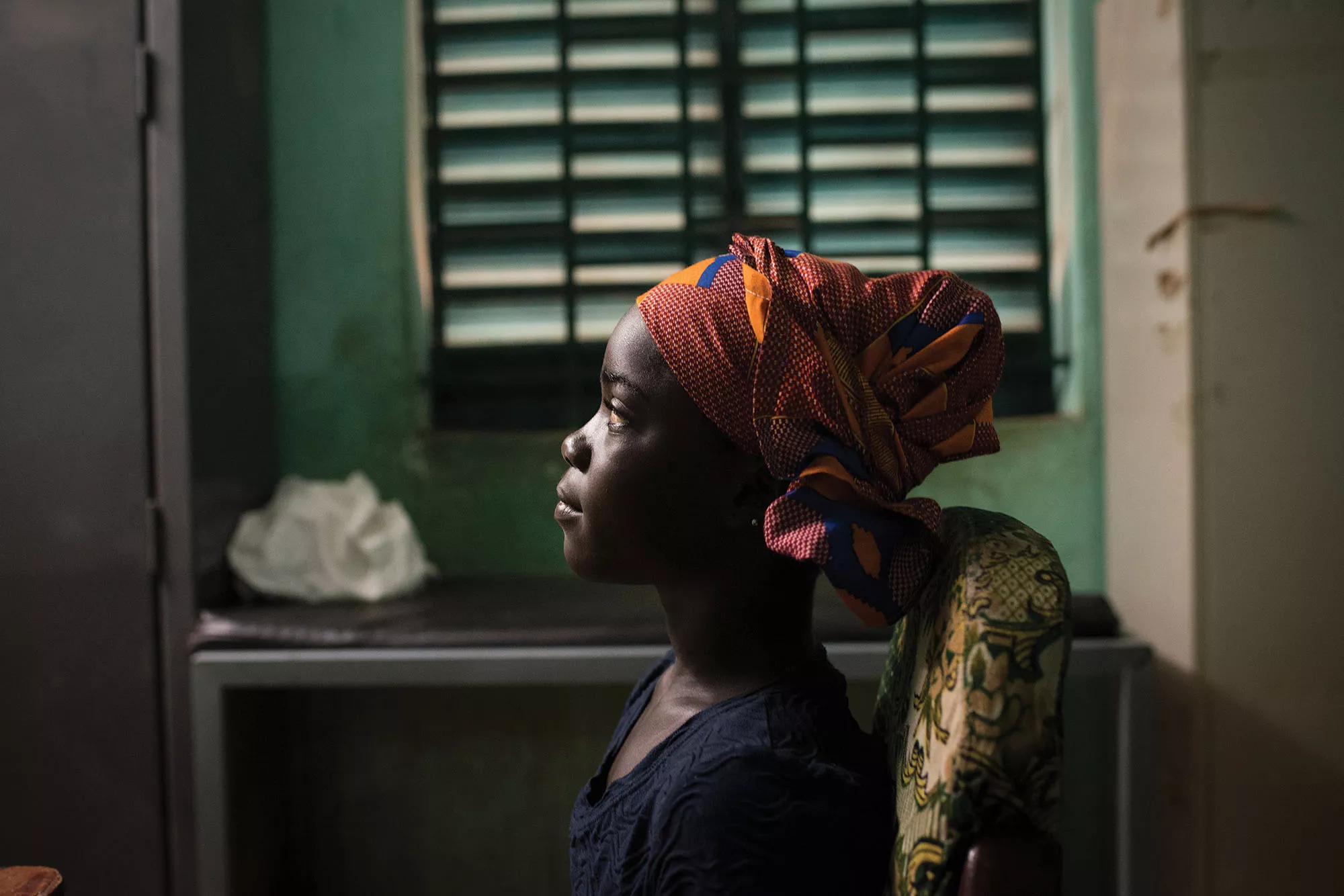
While the medicine itself is a crucial part of the equation, diagnostics and quality care are two others. We are hoping to see diagnostic companies join this coalition, and not only have the right tests available but ensure that they are affordable.
Too often medicine might be available and accessible, but the cost of the diagnostic might cause a family to have to sell their property, for example.
Finally, the quality follow-up and care along the whole cancer cascade is crucial. We need to bend the curve and see people presenting at earlier stages of cancer.
Organisations such as the American Society for Clinical Oncology (ASCO), government partners, other pharmaceutical companies and NGOs will all bring their know-how to the table, creating a sustainable ecosystem where people can get the right diagnosis, treatment and follow-up.
What is Novartis bringing to the coalition?
We were the first company to raise our hand and sign up for ATOM, and the first company that has offered an innovative, on-patent medicine. I hope that has been a catalyst for other companies to join.
In practical terms, we’ll be granting a “freedom to operate licence” for one of our blood cancer medicines, nilotinib, to the Medicines Patent Pool (MPP) as part of the coalition. It’s essentially a way of ‘sharing’ our Intellectual Property before the patent begins to expire next year.
The MPP will then sublicence this to qualified generic companies to manufacture and distribute the medicine in designated countries, with all royalties that would have come to us reinvested back into the coalition.
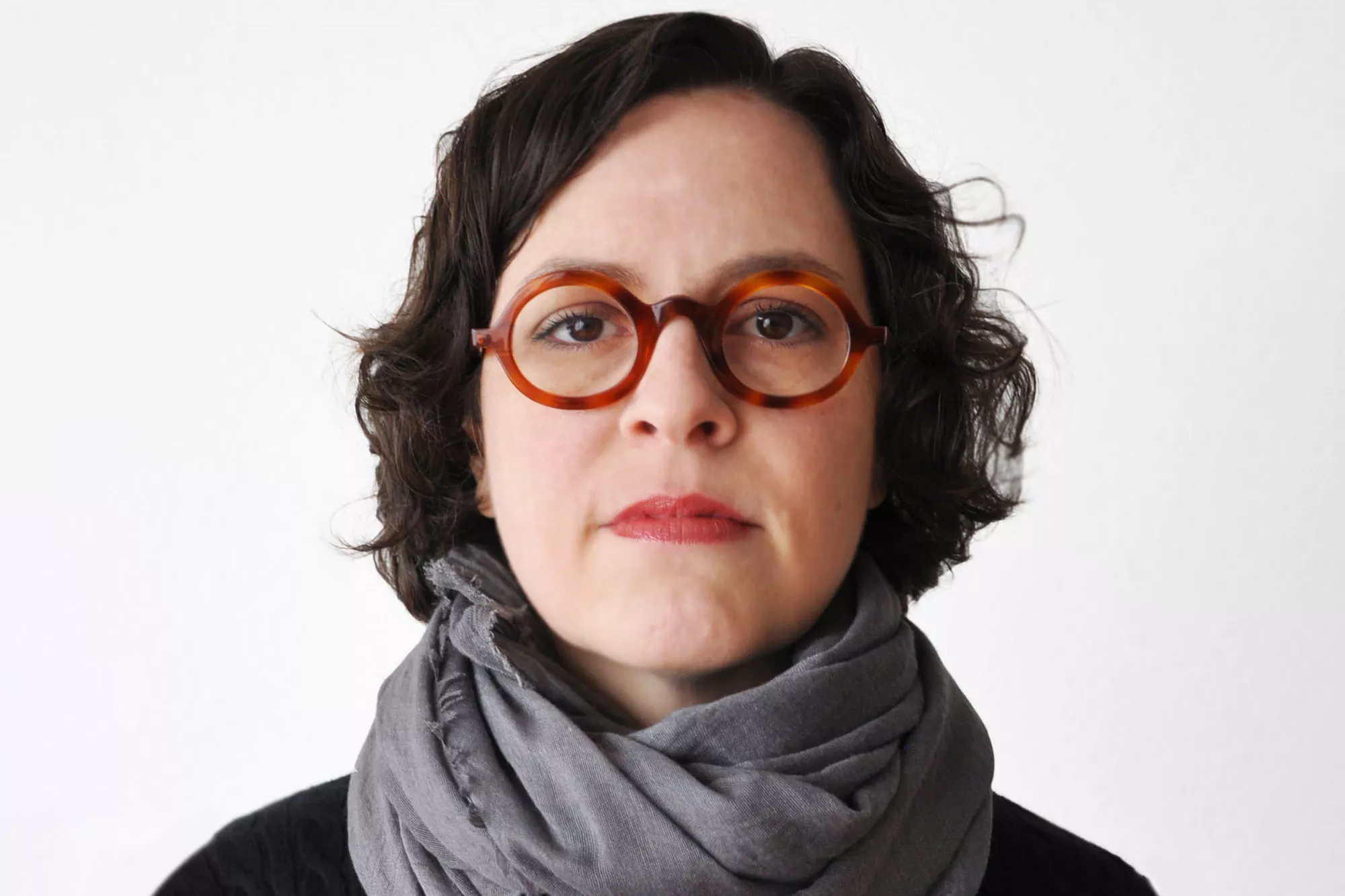
We have people that just because they are living in one country do not have access to a cancer treatment that would be very easily available if they were living in another. It’s not acceptable.
Amy Israel, Vice President and Global Head, Oncology Policy & Healthcare Systems, Novartis
Although the MPP have been doing work around voluntary licensing between innovators and generics for years in communicable diseases like HIV, and most recently with COVID-19, this will be the first time an innovative medicine is licenced for cancer.
But is one medicine really going to make a difference?
The point of ATOM is that we know medicines alone don’t crack the nut. They are necessary but not sufficient to overcome the barriers that stand in the way of equitable cancer care.
What we’re trying to do is test a brand-new mechanism for access. And if we can prove this sustainable model works, it would allow us to explore additional medicines – and encourage others in the industry to join us.
Right now we’re at the beginning of the journey. But if we can establish a new way to truly increase access to cancer medicines in the countries that need them most, well, that could be revolutionary.
Amy Israel, Head of Oncology Policy and Healthcare Systems at Novartis, describes how a new coalition aims to increase access to cancer medicines in low- and lower middle-income countries

